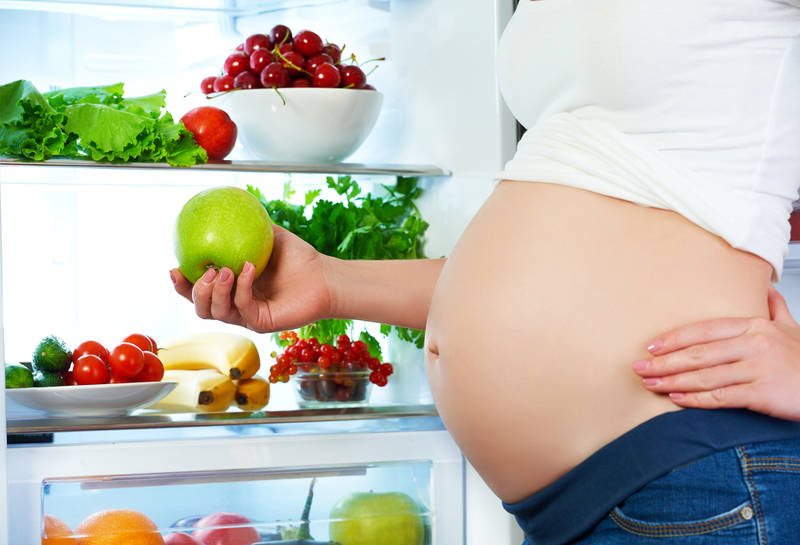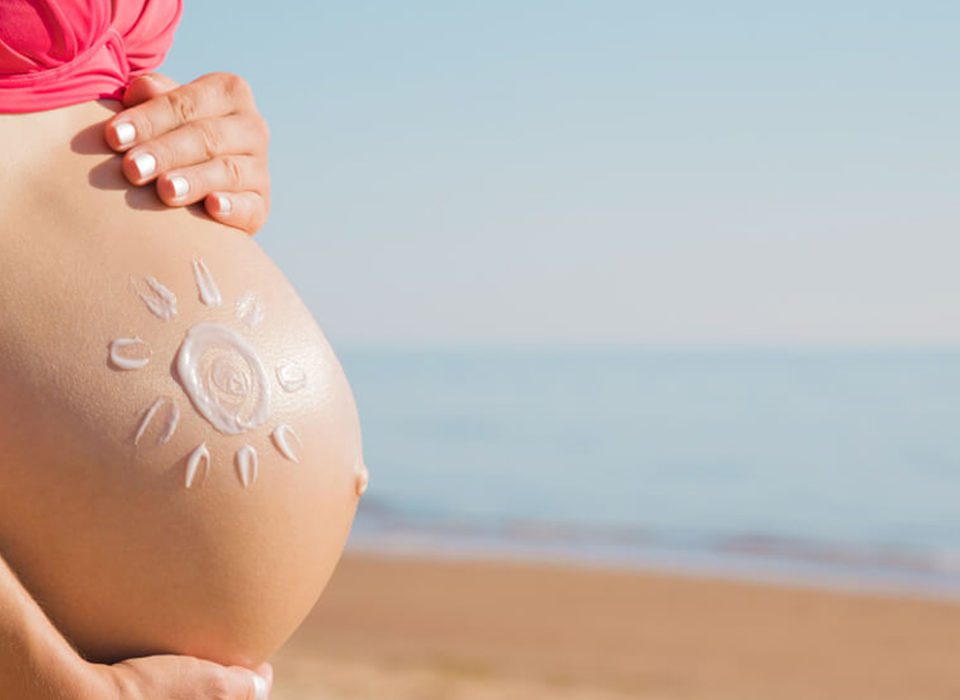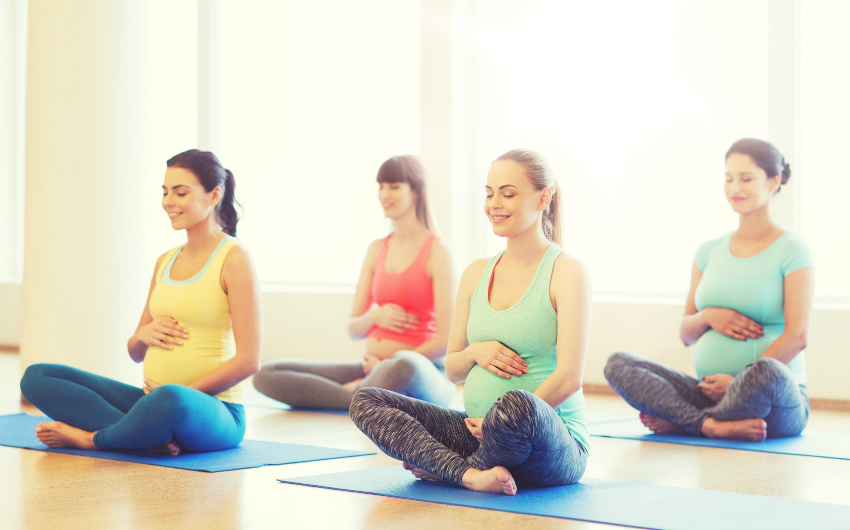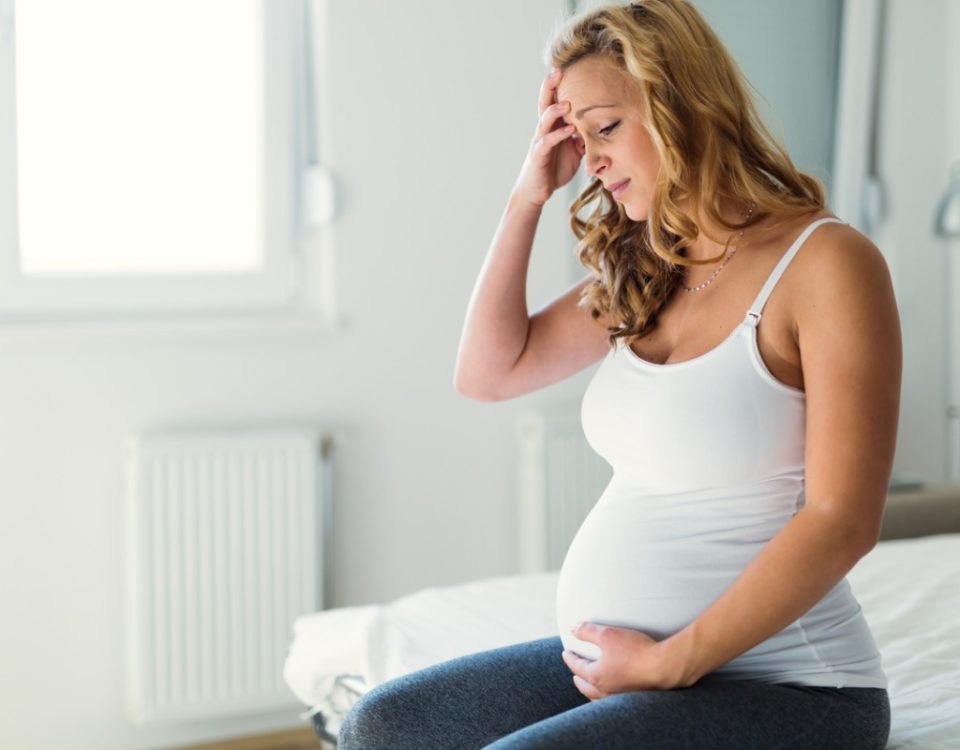PMS, also known as Premenstrual Syndrome or premenstrual tension, is a condition that occurs to a greater or lesser extent in almost all menstruating women. This process, which develops depending on the changing hormone levels of women during menstruation, does not affect the daily life of the person too much when it is experienced mildly. However, in some cases, PMS can be quite severe and this can have a very negative impact on a person’s daily life.
Premenstrual tension syndrome, which shows different symptoms in every woman, can also vary in degree from person to person or from month to month. Women during this period often experience irritability, breast tenderness, headaches, fatigue and exhaustion, and acne on the skin. In severe cases, it can lead to more serious symptoms, including depression.
You can try a few simple ways to cope with PMS and make the process more comfortable and less troublesome. Here are some ways to cope with PMS that I can recommend to you;
1 . Calcium supplementation may reduce mild symptoms. You can also alleviate the symptoms of the syndrome by eating foods containing calcium, such as milk and dairy products.
2 . Stress will also increase your symptoms. I advise you to stay away from stress, stay away from work or events that stress you out.
3 . During this period, you can reduce salt consumption to remove the edema in your body.
4 . Eating regularly helps you to cope with PMS. Eating plenty of fresh fruits and vegetables, cereals, legumes and fish, and avoiding harmful habits such as sugar, harmful fats, caffeine and tobacco will help you spend this period more comfortably.
5 . Drinking water is very effective in relieving menstrual pain. It removes swelling in the body and reduces pain in the groin and lumbar region. You should make it a habit to drink water at all times of your life, including during your menstrual period.
6 . When you exercise, your body releases endorphins. Endorphins reduce the tension and pain during this period. It prevents bloating by accelerating circulation. It also relieves nipple sensitivity. That is why you should not neglect exercise.
7 . I also recommend the use of food supplements such as vitamin B6, vitamin E, magnesium and potassium. These supplements will have a helpful effect against PMS symptoms.
If you cannot cope with PMS despite all these, you can cope with PMS by consulting your doctor and taking medical treatment.
When you take all these suggestions into account, you can have a more comfortable and happier menstrual period.







